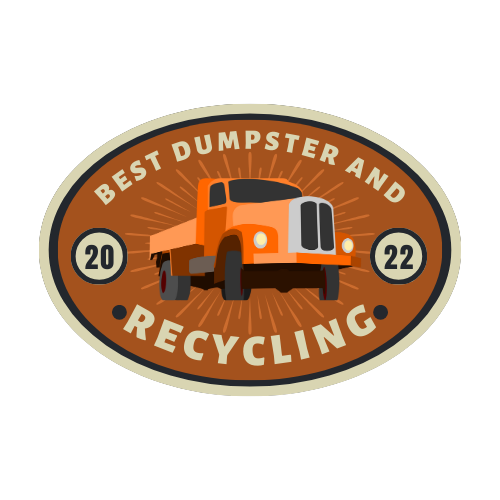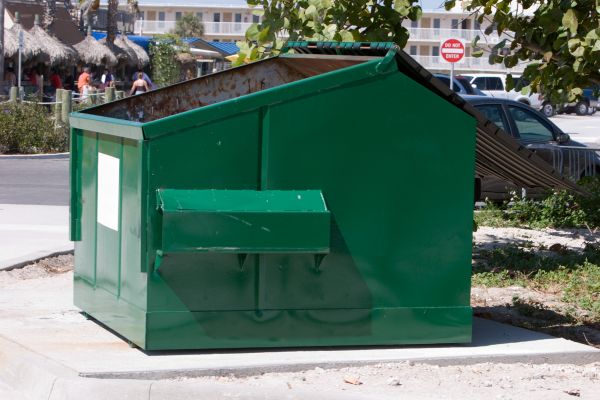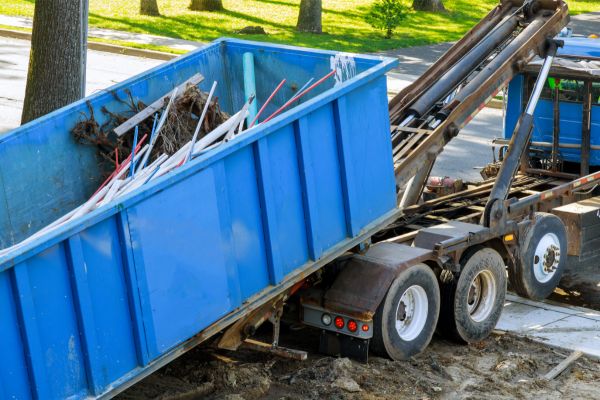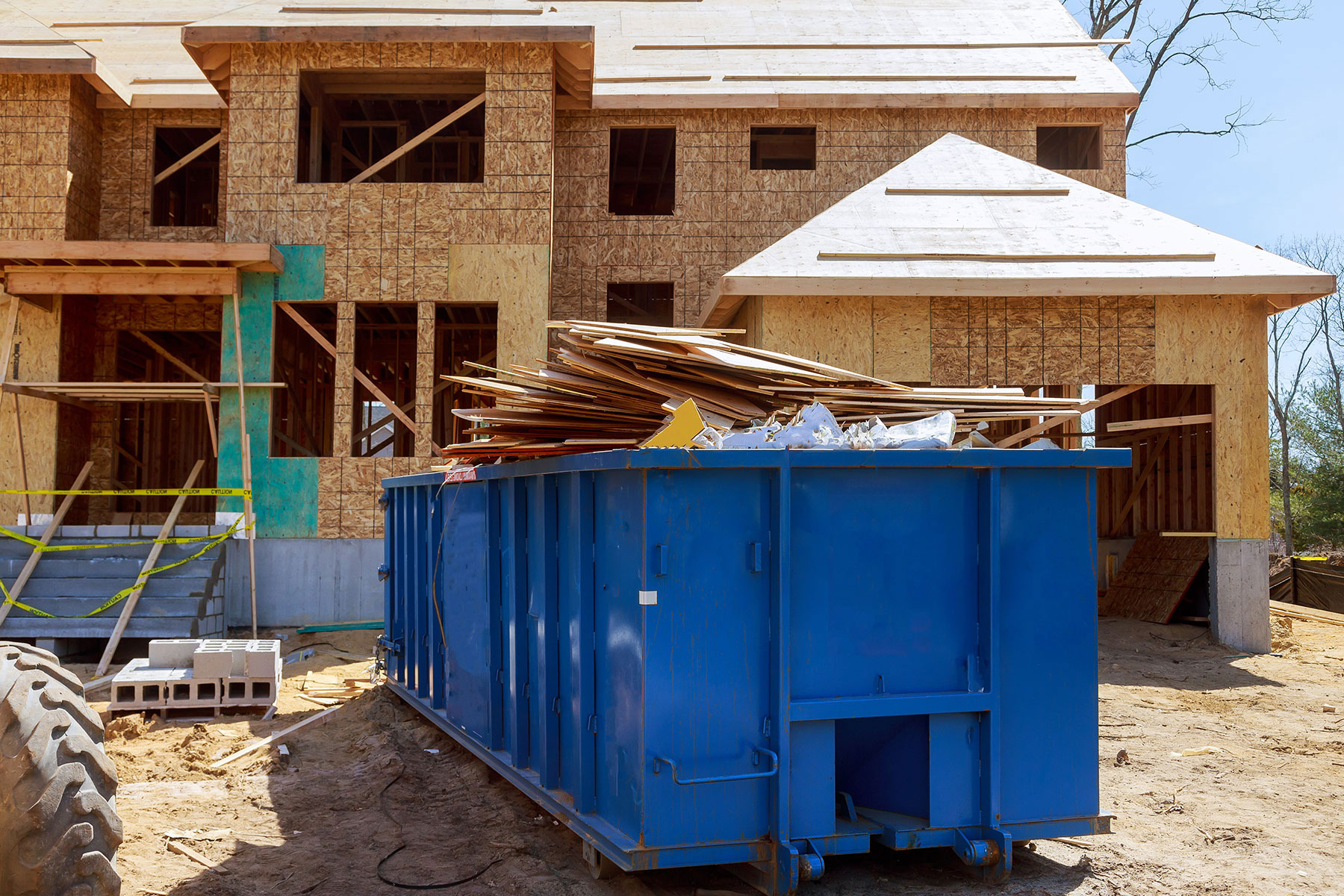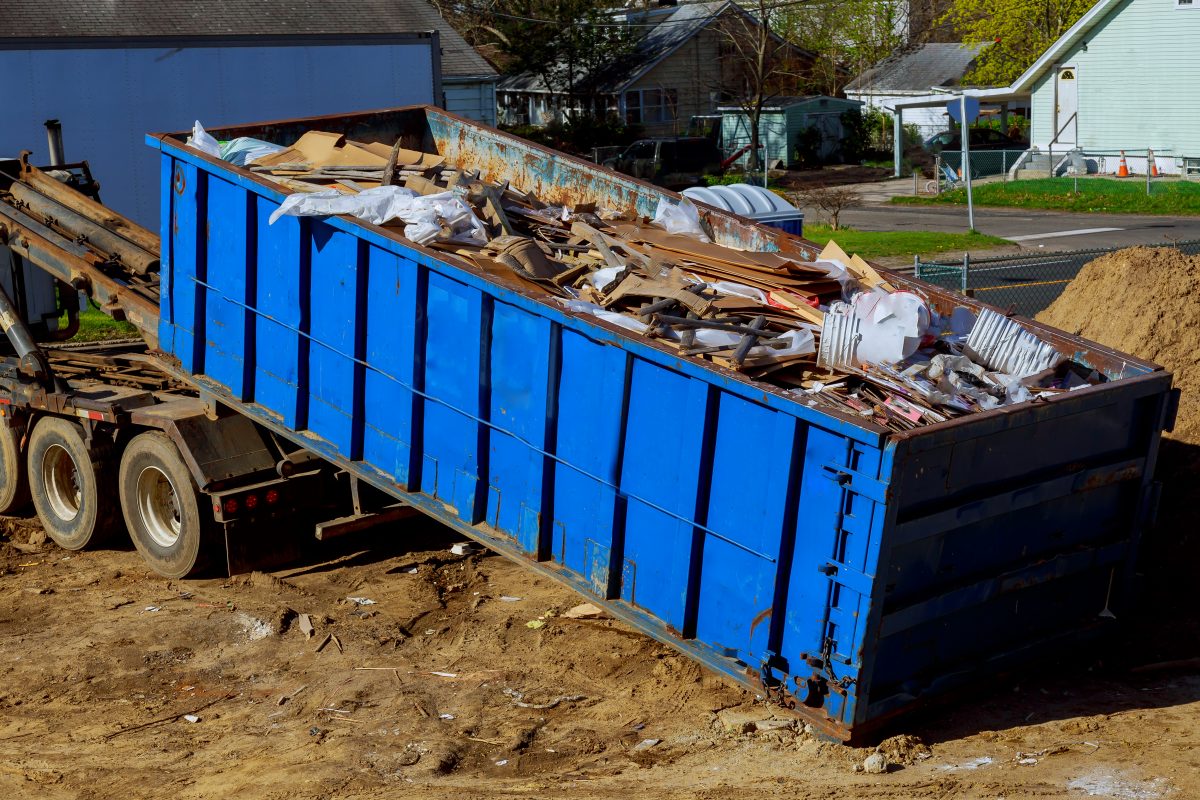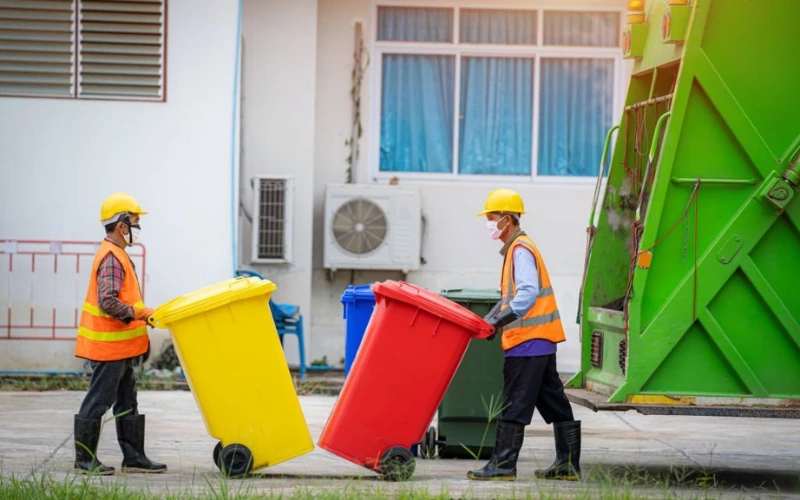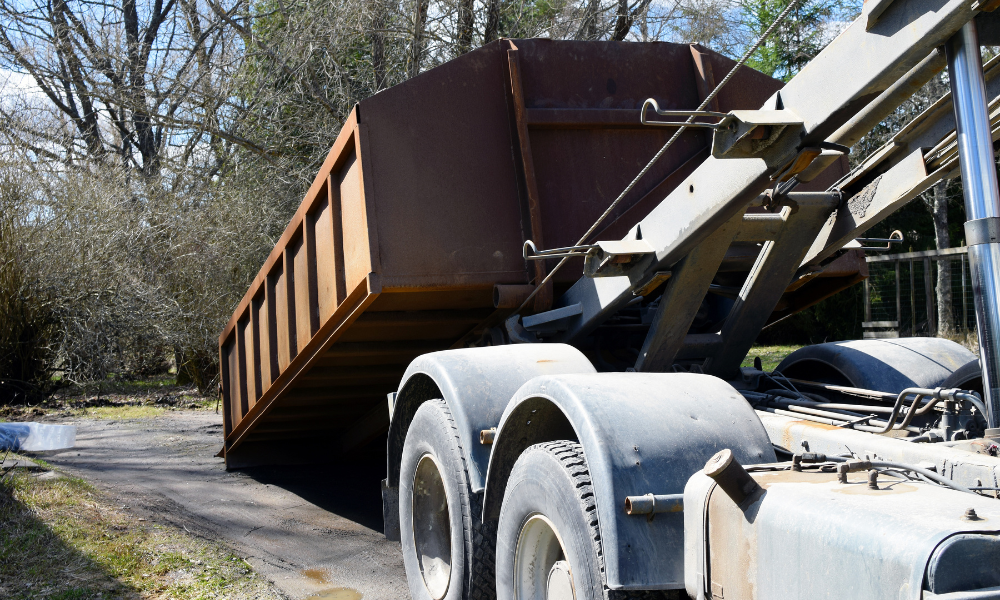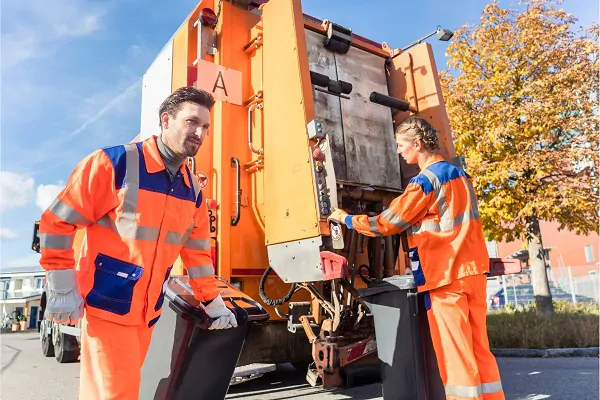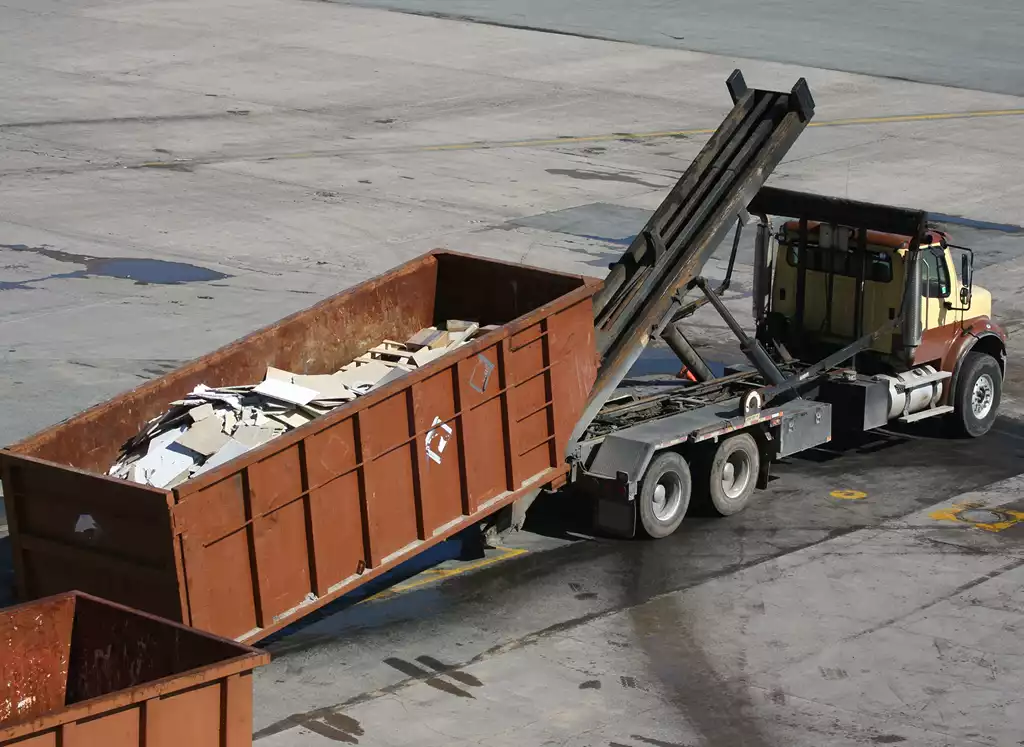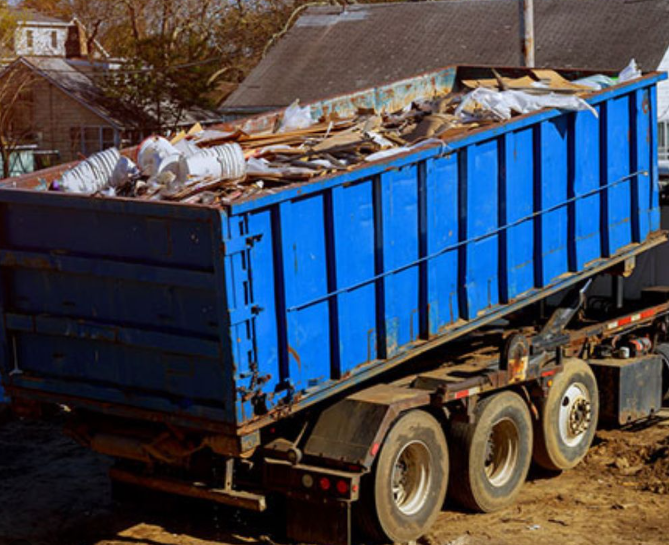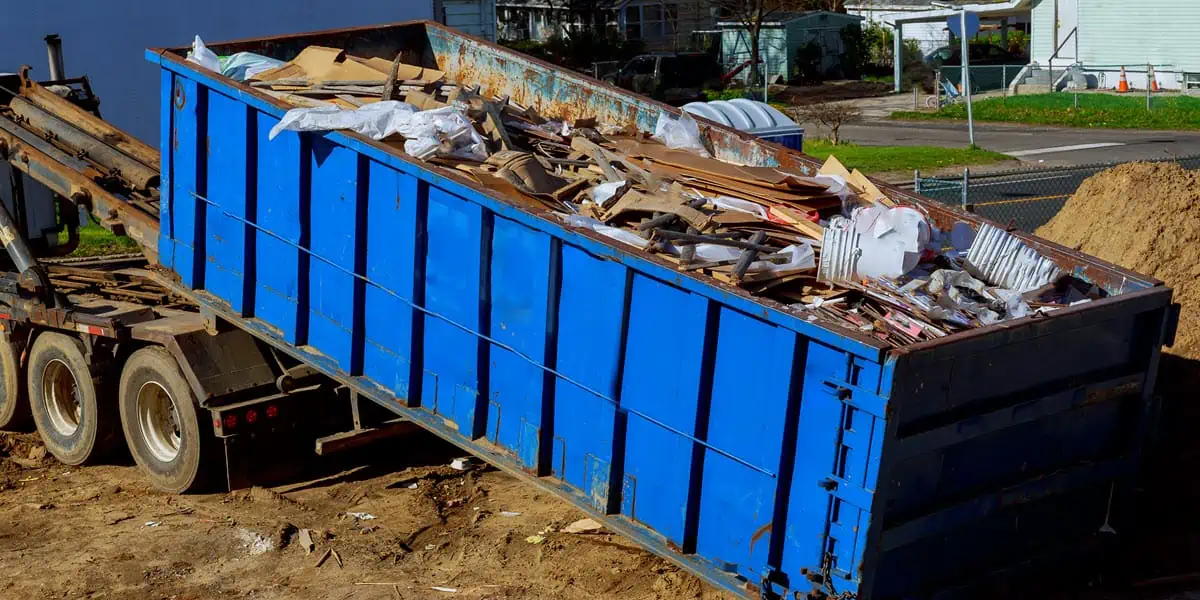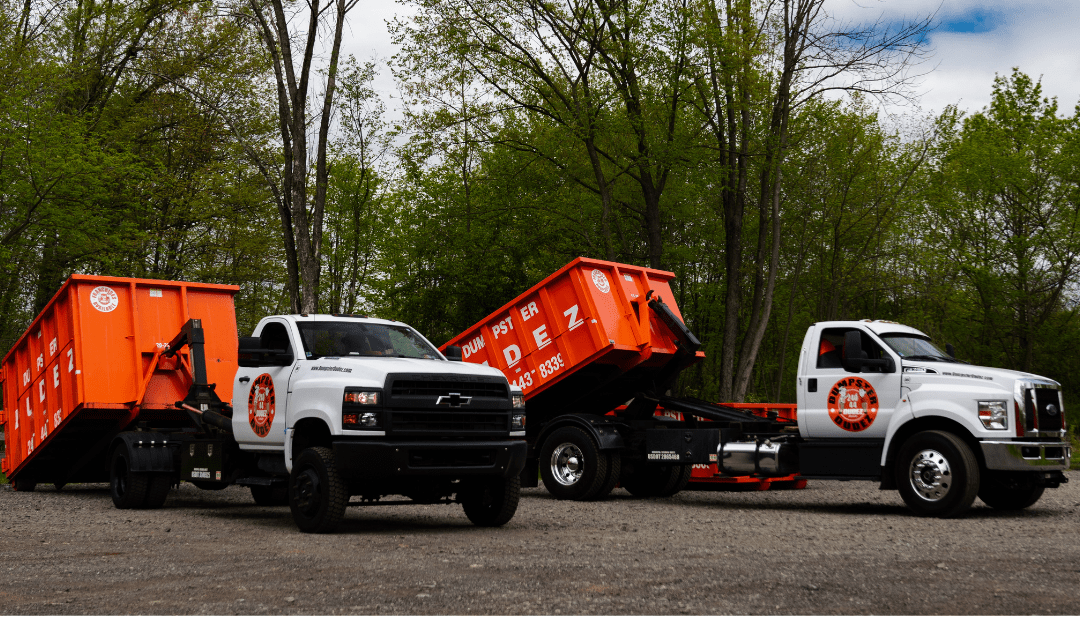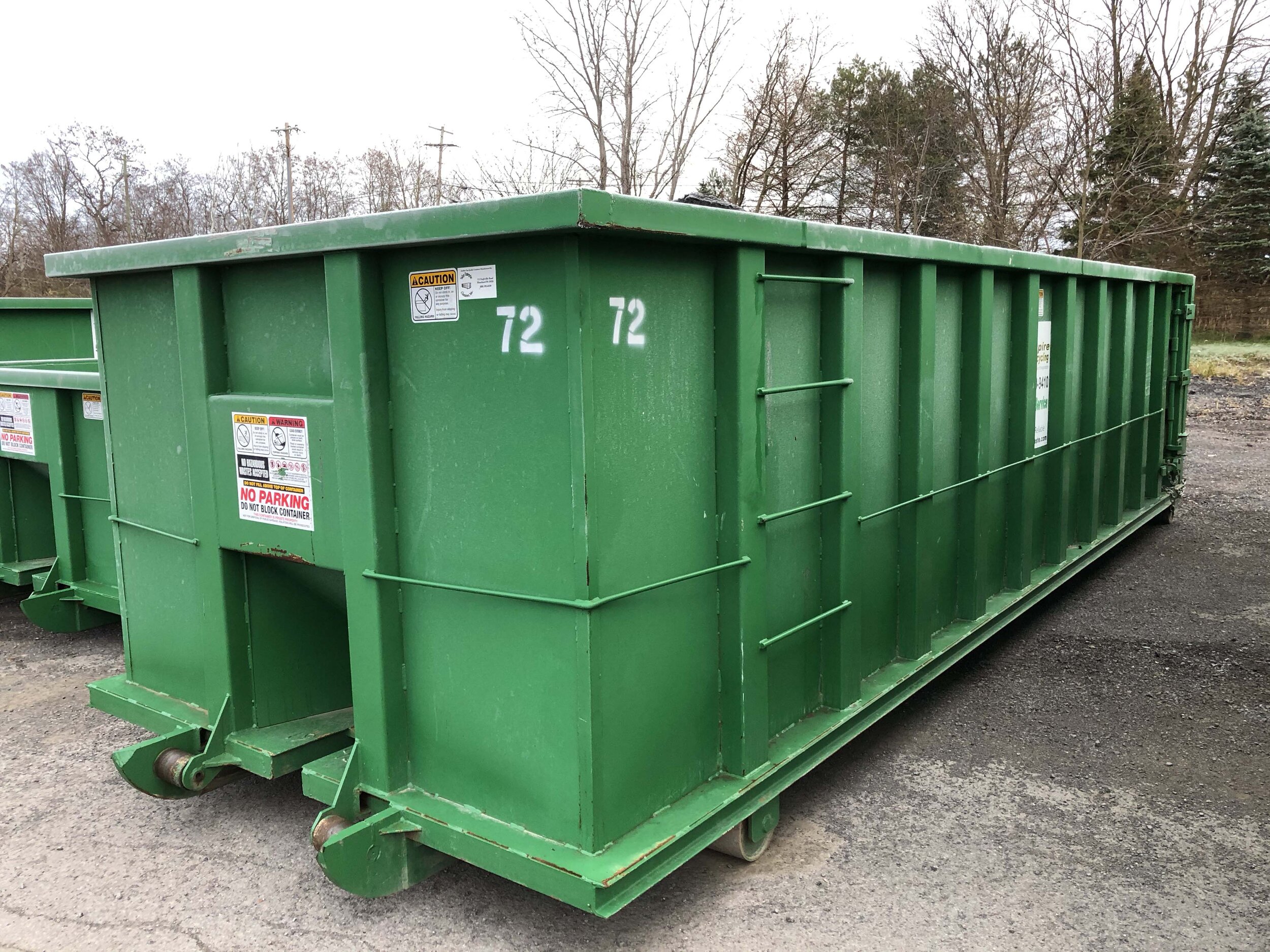Dumpster rental might seem like a straightforward process, but there’s more to it than meets the eye. Whether you’re a homeowner embarking on a renovation project, a contractor managing a construction site, or a business owner in need of waste management solutions, understanding the ins and outs of dumpster rental can save you time, money, and headaches. In this blog post, we’ll delve into the essential aspects of dumpster rental, providing you with the knowledge you need to make informed decisions and streamline your waste disposal process.
Types of Dumpsters
From roll-off dumpsters to front-load dumpsters, there are various types available to suit different needs.
Roll-off dumpsters are typically used for construction, renovation, or large-scale cleanout projects, as they can be easily delivered and removed from the site. Front-load dumpsters, on the other hand, are more commonly used by businesses and commercial properties for regular waste collection.
Understanding the differences between them and assessing your specific requirements will help you determine which type is the best fit for your project or business.
Sizing Matters
Choosing the right size dumpster is crucial to ensure you have adequate capacity without overspending on unnecessary space or making multiple trips for disposal.
Consider the volume and type of waste you’ll generate during your project. Estimate the amount of debris or trash you expect to dispose of and select the appropriate dumpster size accordingly.
Rental Duration and Costs
Dumpster rental companies offer flexible rental durations, but understanding your project timeline is essential to avoid late fees or additional charges.
Factors that influence rental costs include dumpster size, rental duration, location, and disposal fees. By planning ahead and budgeting effectively, you can avoid unexpected expenses and stay within your budget.
Permits and Regulations
Depending on your location and the placement of the dumpster, you may need permits or approval from local authorities.
Research the permit requirements and regulations governing dumpster placement in your area to ensure compliance. Failing to obtain the necessary permits could result in fines or penalties.
Eco-Friendly Practices
Proper waste disposal is not only about convenience but also environmental responsibility.
Explore eco-friendly dumpster rental options, such as recycling programs and waste diversion strategies, to minimize your ecological footprint. By incorporating sustainable practices into your waste management plan, you can contribute to conservation efforts and reduce landfill waste.
Tips for Efficient Dumpster Use
Maximizing the efficiency of your dumpster rental involves proper loading techniques, waste segregation, and safety precautions.
Optimize your dumpster usage by compacting waste, avoiding overfilling, and segregating recyclable materials. Follow safety guidelines to prevent accidents and ensure a smooth disposal process.
Takeaway
Navigating the world of dumpster rental doesn’t have to be daunting. Armed with the knowledge of different dumpster types, sizing considerations, rental costs, permit requirements, eco-friendly practices, and efficiency tips, you can streamline your waste management process and achieve your project goals with ease. Whether you’re tackling a home renovation, construction project, or business venture, understanding the essentials of dumpster rental will empower you to make informed decisions and ensure a smooth rental experience.
